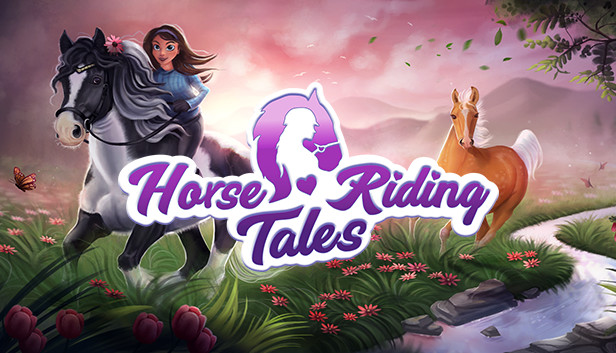Title Developer/publisher Release date Genre License Mac OS versions A-10 Attack! Parsoft Interactive 1995 Flight simulator Abandonware 7.5–9.2.2. Jan 31, 2007 Virus and Trojan horses are old hat, at least if you run Windows as your primary OS. For years, Mac users have enjoyed the relative obscurity of a low market share, which meant that aside from the occasional Mac OS 8/9 boot worm, malware writers generally overlooked the platform to concentrate on tormenting the largest amount of users with the least amount of effort.
Reports indicate that someone has let loose a 'Trojan horse' or worm for Mac OS X users. The program is hidden within a package that purportedly contains screenshots of Apple's as-yet unannounced next major revision to Mac OS X. Whether it's a Trojan horse or worm seems to vary depending on the source of the information. The code has also elicited a response from Apple, and a warning to its customers.
The package, called 'latestpics.tgz,' first surfaced recently on a Mac rumors Web site. Independently verified by Ambrosia Software president Andrew Welch, he's dubbed it the 'Oompa-Loompa Trojan,' because the files in question check for the presence of an attribute called 'oompa' — an apparent reference to the movie and book 'Charlie and the Chocolate Factory.'
Welch provides extensive details on the Ambrosia Software discussion forums.
When unpacked, the archive includes an application that resembles a JPEG file. When it's clicked on, the file executes and attempts to propagate itself via the buddy list of Apple's instant messaging software iChat.
Welch is careful to point out that this should probably be considered a Trojan horse, rather than a virus, 'because it doesn't self-propagate externally.'
So-called Trojan horses are differentiated from viruses because they masquerade as a regular application or file and do not replicate themselves arbitrarily.
Anti-virus software maker Sophos takes issue with this description, claiming this is the 'first ever virus for Mac OS X.'
'OSX/Leap-A is programmed to use the iChat instant messaging system to spread itself to other users. As such, it is comparable to an email or instant messaging worm on the Windows platform. Worms are a sub category of the group of malware known as viruses,' said Sophos in a statement.
Symantec similarly classifies it as a worm, and classifies its threat containment and removal as 'easy.' McAfee, makers of Virex, also call the code, which they refer to as 'OSX/Leap,' as a worm.
Intego, makers of VirusBarrier, also confirmed the trojan horse's existence. Because the code is distributed by iChat, Intego said, people are more likely to presume the file is legitimate. Intego advised users to update their virus definition files and 'never open files received by e-mail or iChat unless they are sure that these files are safe.'
Sophos, Symantec, McAfee and Intego have all added the code's description to their Mac anti-virus software files, which can be downloaded from each publisher's respective Web site.
OSX/Leap-A, Oompa-Loompa, or whatever else you want to call it, also requires an admin password if you're not running as an admin, said Ambrosia's Welch.
Additionally, Ambrosia's Welch said the software has a bug in its code that prevents it from working and prevents infected applications from launching. Still, he strongly advises users that find the 'latestpics.tgz' file to avoid downloading or running it.
Apple also commented on the release of the code in a statement provided to Macworld . Shmug mac os.
'Leap-A is not a virus, it is malicious software that requires a user to download the application and execute the resulting file,' said Apple. 'Apple always advises Macintosh users to only accept files from vendors and Web sites that they know and trust. We have a guide to safely handling files received from the Internet at http://docs.info.apple.com/article.html?artnum=108009.'
Updated Feb. 16 2006 5:00 PM: Added comments from Apple.
Mac Os Download

Mac Os Catalina
Updated Feb. 16 2006 2:05 PM: Added comments from Intego.

